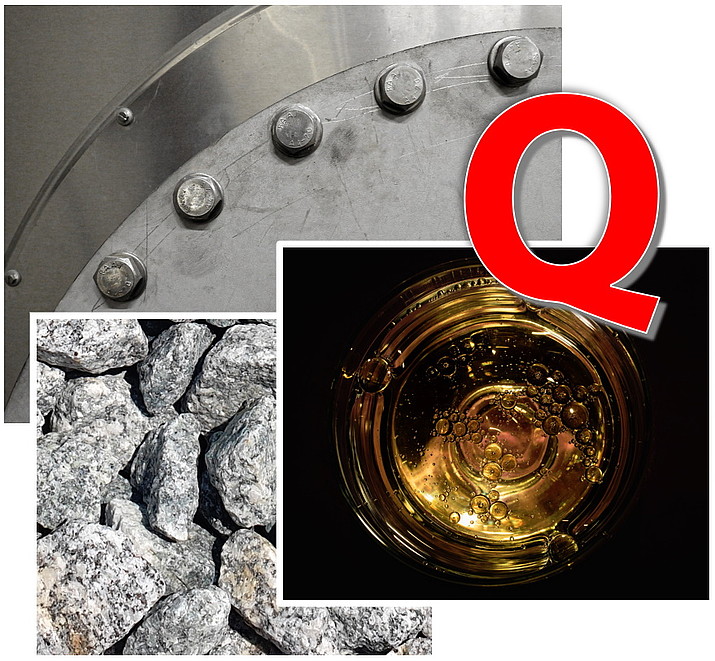
Motivation
German industry consumes around 440 billion kilowatt hours of process heat per year, of which only 6 % is currently generated from renewable energy sources. Only biofuels or green electricity can be used to generate regenerative process heat at temperatures above 100 °C. For this reason, it is extremely important to significantly reduce process heat consumption and the associated climate-damaging emissions in a timely manner through the targeted use of waste heat. High-temperature heat storage systems are required both for the delayed reuse of process waste heat and for the delayed generation of process heat from surplus green electricity (power-to-heat). These storage systems must be both thermally and economically efficient.
Objectives
The aim of the project is to develop sensitive dual-material heat storage systems for a temperature range of 100 °C to 350 °C and to scale them up for industrial use. Sensitive heat storage tanks use the heat capacity of a storage medium in combination with an imposed temperature difference. Unlike classic hot water storage tanks, dual-material heat storage tanks use a liquid (thermal oil) and a solid storage medium (e.g. mineral rock), with the liquid medium also acting as a heat transfer medium. In addition to selecting suitable storage media, the project will optimize storage configurations on a laboratory scale and derive boundary conditions for a thermal and fluidic simulation. This will then be used to scale up the storage technology to industrial scale.
Methods
A detailed material screening is currently being carried out with regard to suitable solids for the storage tanks, including the (partly experimental) determination of the required material and transport variables. Furthermore, compatibility tests of the solids with thermal oils are being carried out, especially under thermal cycling conditions. A laboratory test facility is then developed and implemented, which allows the investigation of the flow and heat transfer in a solid bulk flowed through by thermal oil under practical conditions. From this, parameters are derived which are then used for numerical simulations (Comsol Multiphysics) of the flow and heat transfer conditions in large-scale storage tanks. Once these have been designed, the corresponding storage demonstrators are manufactured and tested and optimized in the Zittau power plant laboratory.
Results
Initial results on possible solids for the fill in dual-material storage tanks and their thermophysical material and transport parameters were generated as part of a bachelor's thesis.

